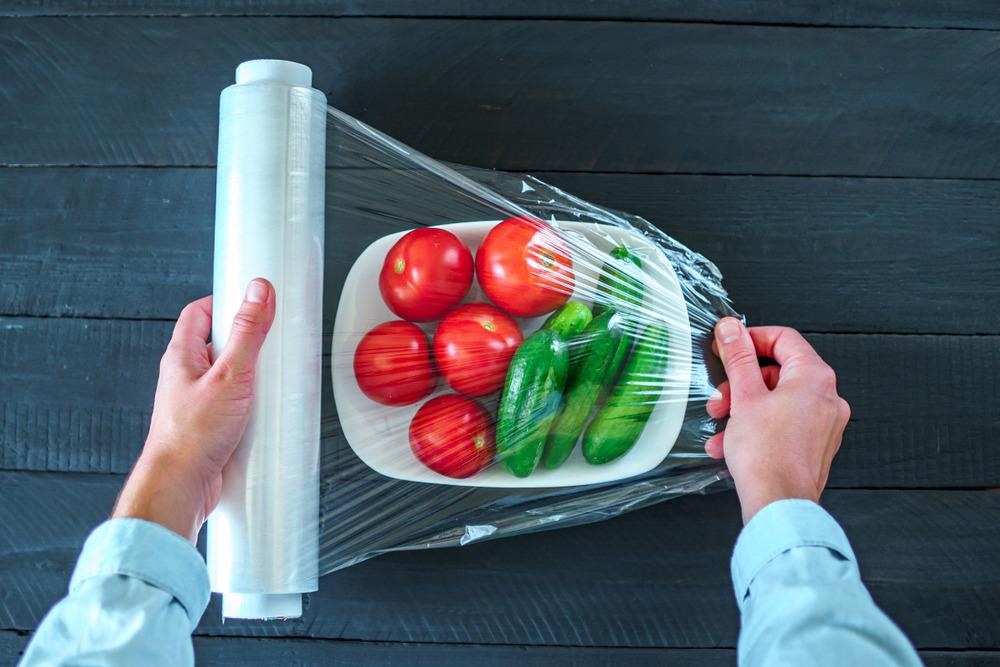In today's fast-paced world, choosing the right material for various applications is crucial. When it comes to selecting between PVC (Polyvinyl Chloride) and generic plastic, it's essential to understand their unique properties, applications, and environmental impact. This comprehensive blog post aims to provide an in-depth analysis of PVC and plastic, enabling you to make an informed decision based on your specific requirements.
- Understanding PVC:
1.1 Definition and Composition:
Polyvinyl Chloride (PVC) is a versatile thermoplastic polymer derived from vinyl chloride monomers. It is synthesized through a polymerization process, resulting in a rigid or flexible material depending on the additives used.
1.2 Properties and Advantages:
- Excellent durability and resistance to chemicals, weathering, and abrasion.
- High strength-to-weight ratio, making it suitable for various structural applications.
- Fire-resistant properties, making it a preferred choice in construction and electrical industries.
- Low maintenance requirements and long lifespan, reducing overall costs.
- Recyclable and energy-efficient production process, promoting sustainability.
1.3 Applications:
- Construction: PVC pipes, window frames, flooring, roofing membranes.
- Electrical: Cable insulation, wiring, conduits.
- Healthcare: Medical tubing, IV bags, blood bags.
- Automotive: Interior trims, door panels, seat coverings.
- Packaging: Bottles, blister packs, shrink wrap.
- Evaluating Generic Plastic:
2.1 Definition and Composition:
Generic plastic refers to a broad range of synthetic or semi-synthetic materials derived from polymers. It encompasses various types such as polyethylene (PE), polypropylene (PP), polystyrene (PS), and more.
2.2 Properties and Advantages:
- Versatility in terms of flexibility, transparency, and strength, depending on the specific type.
- Cost-effective manufacturing process, making it widely accessible.
- Lightweight nature, facilitating transportation and reducing fuel consumption.
- Wide range of applications across industries.
- Recyclable, but with varying degrees of difficulty due to the diverse types and additives used.
2.3 Applications:
- Packaging: Plastic bags, containers, films.
- Consumer Goods: Toys, household items, furniture.
- Automotive: Bumpers, dashboards, fuel tanks.
- Electronics: Casings, connectors, circuit boards.
- Medical: Disposable syringes, pill bottles, prosthetics.
- PVC vs. Plastic: Making the Right Choice:
3.1 Factors to Consider:
- Application-specific requirements: Strength, flexibility, chemical resistance, etc.
- Environmental impact: Recyclability, energy consumption, emissions.
- Cost-effectiveness: Initial investment, maintenance, lifespan.
- Regulatory compliance: Standards and regulations specific to the industry.
3.2 Case Studies and Examples:
- Comparing the use of PVC and plastic in plumbing systems for longevity and cost-effectiveness.
- Analyzing the environmental impact of PVC and plastic packaging in the food industry.
- Evaluating the performance of PVC and plastic in automotive applications for safety and durability.
Conclusion:
In conclusion, the choice between PVC and plastic depends on various factors, including the intended application, environmental considerations, and cost-effectiveness. PVC offers exceptional durability, chemical resistance, and fire-retardant properties, making it ideal for construction and healthcare industries. On the other hand, generic plastic provides versatility and cost-effectiveness, catering to a wide range of applications. By carefully evaluating your specific requirements, you can make an informed decision that aligns with your needs while considering sustainability and regulatory compliance. Remember, the right material choice can significantly impact the success and longevity of your project.


